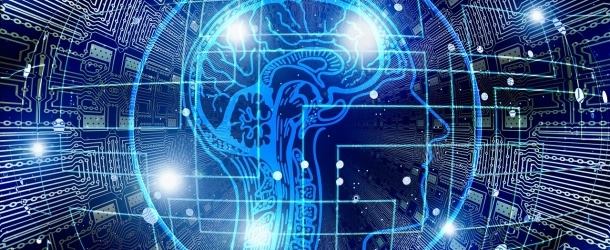Quantum Algorithms May Accidentally Lead to Human-Level AI

(TheNextWeb) Researchers are developing stronger, faster, more efficient algorithms that take advantage of quantum computing technology at the edge of human accomplishment. As these types of opportunities increase, and their solutions build upon one another, scientists will fill in the variables needed to develop a system on par with the human brain. Author Tristan Greene believes we’ll backdoor our way to human AI as the findings of some (or several) research team’s efforts at solving problems unrelated to the development of human-level AI. He cites recent research into quantum algorithms as a possible mash-up between machine learning and quantum computers that’ll eventually, accidentally lead to human-level AI.
Green cites the work of researchers Sankar Das Sarma of the University of Maryland in College Park, and Dong-Ling Deng and Lu-Ming Duan of the Institute for Interdisciplinary Information Sciences at Tsinghua University in Beijing. That team is focusing extensively on quantum algorithms, neural networks based on quantum bits, and using quantum computing techniques to speed up AI and reduce computational overhead. They recently pre-published a paper on ArXiv detailing their efforts to discern what the “marriage” between machine learning and quantum computing will mean for physicists and developers of the near future. Their research indicates that the challenge isn’t in figuring out whether it’s possible to solve today’s problems with quantum computers and AI, but entirely rethinking what the word “possible” even means.





















